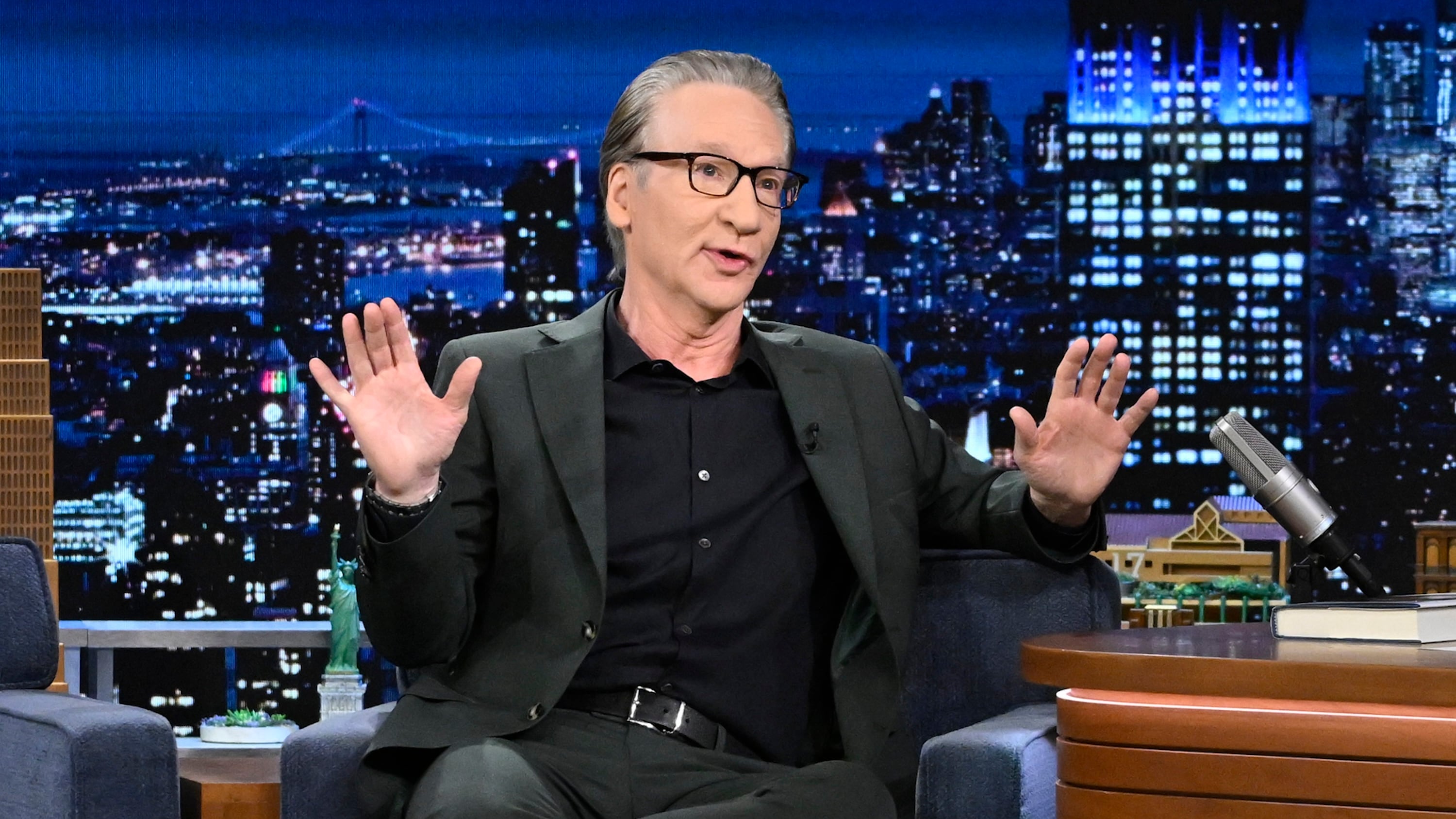Liberal TV Host Fired Following Controversial Remarks About Karoline Leavitt
In a dramatic turn of events, a prominent liberal television host has been fired following inflammatory comments directed at Karoline Leavitt, a rising conservative political figure.
The incident, which quickly garnered national attention, underscores ongoing tensions within American media and politics.
The controversy began when the now-former host, who anchored a popular evening talk show, made comments widely condemned as inappropriate and offensive during a segment discussing Leavitt, a Republican congressional candidate and former Trump administration official.
The remarks drew immediate backlash, sparking outrage from political commentators, advocacy groups, and viewers from across the ideological spectrum.
Karoline Leavitt, known for her vocal advocacy of conservative policies and her active presence on social media, responded swiftly to the host’s comments via Twitter, labeling them “disgusting, divisive, and unacceptable.” Her tweet rapidly went viral, prompting broader public scrutiny of the host’s statement.
Within hours, major conservative voices amplified the incident, calling for accountability from the network. Influential figures and organizations condemned the host’s conduct as emblematic of media bias and demanded immediate action.

The network, sensing the escalating public relations crisis, issued an initial statement distancing itself from the host’s comments, emphasizing that “such views do not represent the values or editorial standards of our organization.”
However, the backlash continued unabated, placing mounting pressure on the media giant to take more decisive action.
Advertisers began to pull commercials from the network’s programming in protest, highlighting the potential financial ramifications of the controversy.
This advertiser exodus amplified the urgency of the situation for network executives, who called an emergency meeting to address the unfolding crisis.
Less than 24 hours after the remarks aired, the network officially announced the termination of the host’s contract.
In a concise statement, the network reaffirmed its commitment to maintaining professional and respectful discourse, asserting that “comments made on-air were inconsistent with our fundamental principles and values, and as such, we have decided to part ways.”
Industry experts have interpreted the rapid dismissal as indicative of the network’s heightened sensitivity to public opinion and advertiser sentiment, particularly amid an increasingly polarized political environment.

Media analysts suggest that such swift action demonstrates the growing influence of social media backlash and economic pressures on editorial decisions within major broadcasting corporations.
Karoline Leavitt, addressing reporters at a subsequent press conference, highlighted her concerns about media impartiality and emphasized the importance of maintaining respectful political dialogue.
“Disagreements are fundamental to democracy,” Leavitt stated, “but personal attacks and harmful rhetoric undermine our shared values and collective civility.”
Leavitt, who has positioned herself as a staunch advocate for conservative youth engagement, took the opportunity to reiterate her platform, calling for more accountability within media institutions.
She also urged her supporters and political opponents alike to rise above partisan hostility.
Meanwhile, the dismissed host released a brief statement expressing regret over the controversy but stopped short of issuing a formal apology to Leavitt.
The former anchor defended their intent as commentary rather than personal attack, asserting that the controversy represented “a troubling trend where honest political critique is silenced through pressure campaigns.”

However, this stance drew further criticism from commentators, who argued the remarks had crossed clear ethical boundaries.
Prominent journalism watchdog groups underscored the necessity for broadcasters to distinguish clearly between robust political criticism and unacceptable personal attacks, citing the incident as a cautionary tale.
Political analysts note that this controversy arrives at a particularly sensitive moment, with America facing deep divisions ahead of critical elections.
The incident highlights concerns around media ethics, the role of news in shaping public perceptions, and the increasingly volatile intersection of politics and entertainment.
Advocates for media reform and accountability praised the network’s decisive response but expressed concerns about the broader cultural implications of such incidents.
Many worry that repeated controversies risk eroding public trust in journalism and media institutions at a time when balanced reporting and informed discourse are crucial.
The repercussions for the network continue to unfold as industry observers watch closely to determine the longer-term impact of this incident.

Network leadership has reportedly initiated internal reviews of editorial practices and employee training programs, aiming to prevent future controversies.
This incident involving Karoline Leavitt and the fired liberal host illustrates the volatile dynamics of contemporary political discourse, reinforcing the necessity of clear ethical standards in media reporting.
While the immediate situation has been addressed with the host’s dismissal, it underscores broader concerns about civility, bias, and accountability within American political culture and journalism.
As the story continues to develop, observers across the political spectrum will undoubtedly continue to debate the balance between free speech, responsible journalism, and political commentary.
Karoline Leavitt, for her part, appears poised to leverage the controversy into a broader conversation about media integrity and respectful political dialogue, cementing her status as a rising voice in conservative politics.
Ultimately, the firing of the liberal host may serve as a critical juncture for reflection within the media industry, providing an impetus for renewed commitments to ethical journalism, balanced reporting, and civil discourse.


